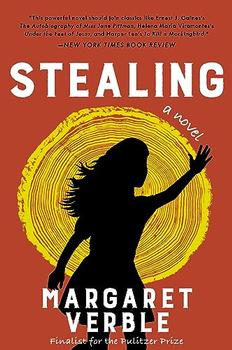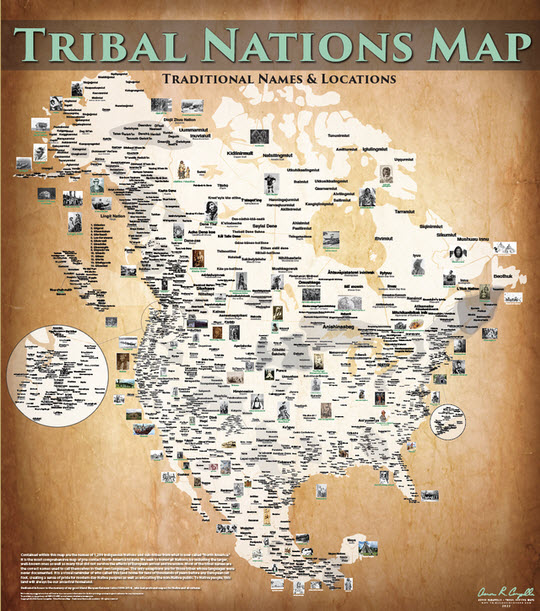Summary | Excerpt | Discuss | Reviews | Beyond the book | Read-Alikes | Genres & Themes | Author Bio

A Novel
by Margaret VerbleA gripping, gut-punch of a novel about a Cherokee child removed from her family and sent to a Christian boarding school in the 1950s—an ambitious, eye-opening reckoning of history and small-town prejudices from Pulitzer Prize finalist Margaret Verble.
Since her mother's death, Kit Crockett has lived with her grief-stricken father, spending lonely days far out in the country tending the garden, fishing in a local stream, and reading Nancy Drew mysteries from the library bookmobile. One day when Kit discovers a mysterious and beautiful woman has moved in just down the road, she is intrigued.
Kit and her new neighbor Bella become fast friends. Both outsiders, they take comfort in each other's company. But malice lurks near their quiet bayou and Kit suddenly finds herself at the center of tragic, fatal crime. Soon, Kit is ripped from her home and Cherokee family and sent to Ashley Lordard, a religious boarding school. Along with the other Native students, Kit is stripped of her heritage, force-fed Christian indoctrination, and is sexually abused by the director. But Kit, as strong-willed and shrewd as ever, secretly keeps a journal recounting what she remembers—and revealing just what she has forgotten. Over the course of Stealing, she slowly unravels the truth of how she ended up at the school—and plots a way out.
In swift, sharp, and stunning prose, Margaret Verble spins a powerful coming-of age tale and reaffirms her place as an indelible storyteller and chronicler of history.
This fascinating novel has a lot to say about morals, ethics, prejudice, religious hypocrisy and more (Sylvia G). It's an excellent story on the importance of family and the effects of religion on a child (Mary A). Stealing is a key theme as Kit reveals the many things that have been taken from her: her heart, her soul, her culture, and her family - and she steals a piece of the reader's heart during the telling...continued
Full Review
(878 words)
This review is available to non-members for a limited time. For full access,
become a member today.
(Reviewed by First Impressions Reviewers).
 Margaret Verble's novel, Stealing, centers around Kit, a young girl who is part Cherokee. Set in the 1950s, she is removed from her home and sent to a Christian boarding school where a significant portion of the students are Native American. Not only are the indigenous children systematically stripped of their heritage but Kit observes that they are treated as generic "Indians," with no awareness that they come from different nations with differing cultures—an ignorance shared by many people, even today.
Margaret Verble's novel, Stealing, centers around Kit, a young girl who is part Cherokee. Set in the 1950s, she is removed from her home and sent to a Christian boarding school where a significant portion of the students are Native American. Not only are the indigenous children systematically stripped of their heritage but Kit observes that they are treated as generic "Indians," with no awareness that they come from different nations with differing cultures—an ignorance shared by many people, even today.
Thinking of the pre-Columbian population of North America as a single group is akin to lumping all Europeans into one bucket despite Europe's many and varied histories, languages and geographical regions—an excessively broad...
This "beyond the book" feature is available to non-members for a limited time. Join today for full access.

If you liked Stealing, try these:

by Mona Susan Power
Published 2024
The long-awaited, profoundly moving, and unforgettable new novel from PEN Award–winning Native American author Mona Susan Power, spanning three generations of Yanktonai Dakota women from the 19th century to the present day.

by Wendy Chin-Tanner
Published 2024
A transcendent debut novel about family, love, and belonging, set against the backdrops of 1950s New York City and a historical leprosarium in Louisiana, following one young man's quest to not only survive, but live a full and vibrant life
No matter how cynical you get, it is impossible to keep up
Click Here to find out who said this, as well as discovering other famous literary quotes!